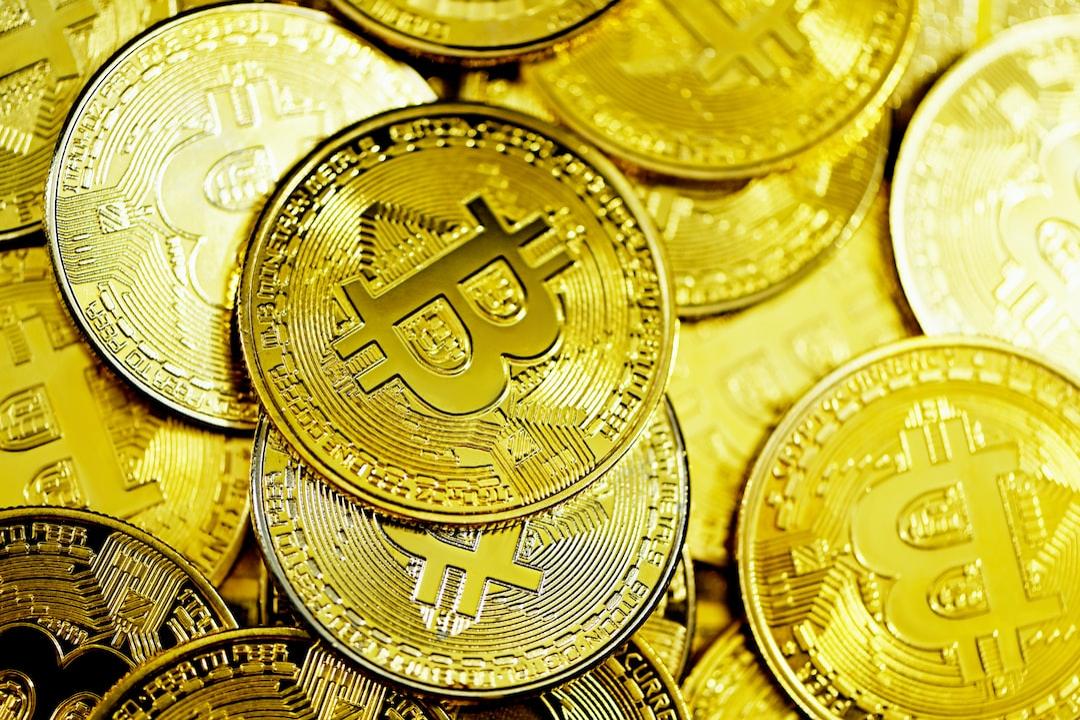The recent changes in regulations in Europe are set to revolutionize global trade by placing sustainability at its core, according to a report by The Boston Consulting Group (BCG). VeChain, with its highly scalable blockchain platform, will play a central role in this sustainability revolution by emphasizing transparency and trust.
Climate change is currently humanity’s biggest existential threat, and as we have prioritized economic interests over sustainability for centuries, time is running out for us to rectify the situation. While Europe is leading the charge, developing economies in South Asia, Africa, and Latin America will bear the brunt of the impact, as highlighted in BCG’s recent report.
VeChain is at the forefront of this revolution and is striving to become the preferred network for global sustainability. The report by BCG identified two key measures in Europe that will have significant global implications: the Carbon Border Adjustment Mechanism (CBAM) and the EU Deforestation Regulation (EUDR).
BCG, a firm that has heavily invested in sustainability initiatives and advises major conglomerates and sovereign governments, has been advocating for blockchain adoption in the sustainability revolution, with VeChain emerging as the network of choice. The partnership between the two aims to leverage VeChain’s superior technology in an industry that garnered over $75 billion in investments last year, as previously reported by CNF.
In response to BCG’s latest report, VeChain reaffirmed its commitment to continue investing in efforts to combat climate change. The blockchain technology provided by VeChain will serve as the foundation for a global movement towards more sustainable business practices, enabling an economic revolution that prioritizes transparency and trust. Through collaborations with industry leaders, VeChain unlocks true sustainability within the Web3 ecosystem.
VeChain and BCG have set their sights on emerging economies, as highlighted in the BCG report. These countries, although contributing lower emissions per capita compared to developed nations, collectively account for 85 percent of the global total, a figure that will only increase as their economies progress. Consequently, Europe has introduced CBAM and EUDR to demand more effort from these emerging economies that supply exports to European markets.
CBAM requires developed countries to pay approximately €85 per metric ton of CO2 emissions, and with this mechanism, Europe will now impose the same rate on CO2 emissions from materials produced by developing countries. Additionally, EUDR prohibits the importation of agricultural products from areas where rainforests have recently been cleared.
So, where does VeChain and its blockchain network fit into this scenario? The recent whitepaper released by VeChain and BCG reveals plans to create blockchain biospheres, which are ecosystems that utilize blockchain technology to establish networks that companies and governments can utilize to address sustainability challenges. To attract users, these ecosystems will incorporate gamification elements, rewarding users for taking actions that contribute to predefined sustainability goals.
By combining the efficiency and value of the VeChain blockchain with BCG’s expertise in this field, the network aims to embark on the next phase of its journey and globalize its successes, ushering in a new era of green global development powered by Web3 technology.
Recommended for you:
– A Guide to Buying VeChain (VET)
– VeChain (VET) Wallet Tutorial
– Check VET Price in the Last 24 Hours
– More VeChain News
– What is VeChain?


